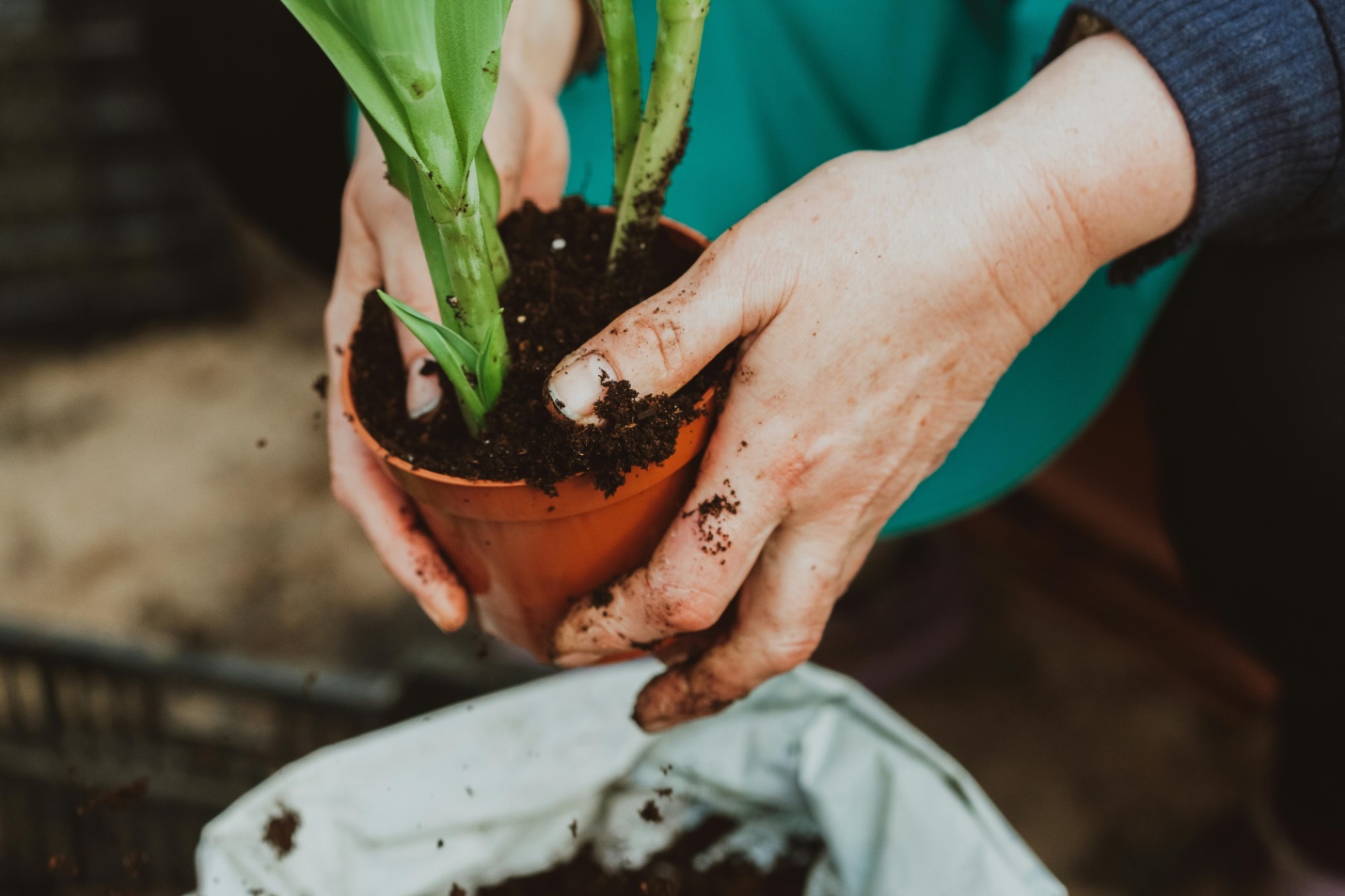Hey GardenWorx Family!
We’re Currently Open

Healthy soil is the foundation of any thriving garden. Without the right balance of nutrients, organic matter, and proper structure, plants struggle to grow, leading to poor yields and weak roots. Testing and improving your soil ensures your garden remains productive year after year.
Whether you're a seasoned gardener or visiting a plant nursery for fresh additions, maintaining soil health is key to long-term gardening success. A reliable garden center can provide the right tools and amendments to keep your soil in top shape.
A soil test provides critical insight into pH levels, nutrient content, and organic matter. Testing is especially important before planting, as it allows gardeners to correct imbalances early. Follow these steps for accurate results:
· Take Soil Samples: Use a clean trowel to collect soil from multiple areas of your garden, mixing samples together for an accurate reading.
· Use a Soil Test Kit: Available at nurseries, these kits analyze pH, nitrogen, phosphorus, and potassium levels.
· Send for Professional Testing: For a detailed analysis, send your sample to a local agricultural extension service. The Cornell Cooperative Extension of Suffolk County provides soil testing tailored to New York gardeners.
· Interpret the Results: Based on the findings, adjust your soil using targeted amendments.
A soil quality test is an essential step in understanding what your garden needs to thrive. By analyzing the nutrients and composition, you can make informed decisions about how to improve fertility and plant health.
Once you understand your soil's condition, the next step is to enrich it. Healthy soil should be rich in organic matter, retain moisture, and support beneficial microbes. Here's how to improve it:
Incorporating organic material is one of the most effective ways to boost soil health.
· Compost: Increases nutrient content and enhances soil structure.
· Manure: Provides nitrogen but should be aged to prevent burning plants.
· Leaf Mold: Improves moisture retention and aeration.
Soil in New York tends to be slightly acidic. If your soil's pH is below 6.0, apply lime to raise it.
If it's too alkaline (above 7.5), use sulfur to lower the pH and improve nutrient absorption.
· Aerate compacted soil with a garden fork to improve drainage and root penetration.
· Mulch with wood chips or straw to protect soil from erosion and retain moisture.
· Plant cover crops like clover or rye in off-seasons to replenish nutrients and prevent soil depletion.
· Rotate vegetable crops yearly to prevent soil nutrient depletion and reduce disease risks.
· Avoid excessive tilling, as it disrupts beneficial soil organisms and depletes moisture.
At GardenWorx, we know that great gardens start with healthy soil. Whether you need expert gardening advice, premium compost, or high-quality gardening supplies, we have everything to help you enrich your garden beds. If you're searching for the best perennial plants, expert guidance from a plant expert, or a trusted Riverhead garden center, our team is ready to assist you.
Visit us in Riverhead, New York, or Contact us today to start improving your soil health!
Whether you're greening your fingers for the first time or you're a seasoned soil sage, our expert tips and tricks are designed to help you cultivate success in your outdoor spaces. From detailed how-tos on planting and maintenance to innovative ideas for garden design, our guides cover all aspects of gardening.
Unearth Our Tips